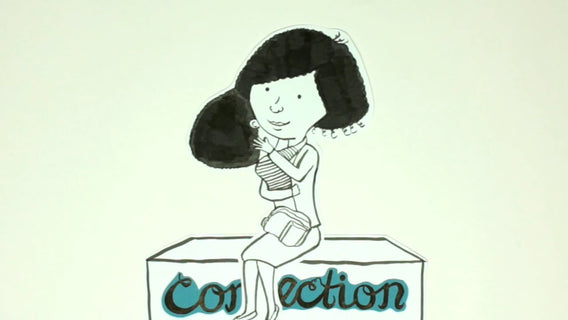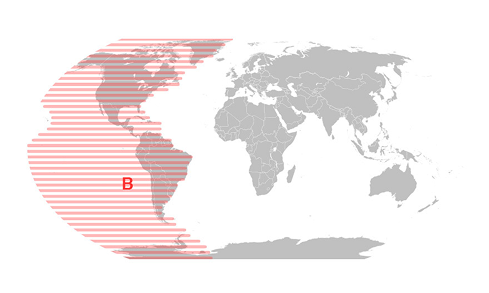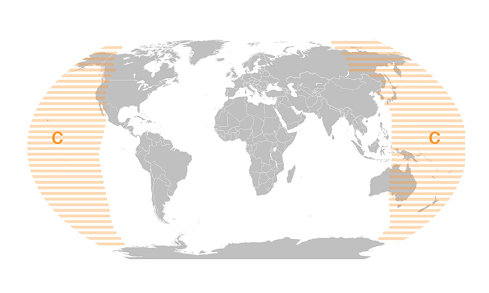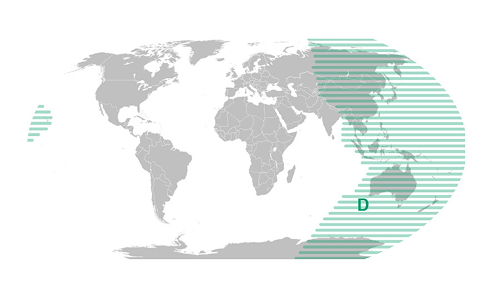More than 60 years after John Bowlby's groundbreaking work on attachment and its developmental consequences, the concept of early relational health has emerged as a crucial focus for public health investment and community development. Today, both research and practice demonstrate that supporting healthy early relationships can significantly impact community health across generations.
The importance of early relational health is supported by compelling economic evidence. Nobel laureate James Heckman's research demonstrates high returns on investment for quality early intervention programs. Similarly, the Center for Disease Control and Prevention (CDC) has prioritized the promotion of safe, stable, nurturing relationships (SSNRs) as a key strategy for preventing child maltreatment and improving public health outcomes.
Click here to read an example of one of Dr. Heckman's carefully crafted research summaries.
Governments are rightly interested in community-level interventions that target early relationships and prevent later health and/or mental health conditions. In the United States, for example, the Center for Disease Control and Prevention (CDC) recently focused their long-term strategy for the prevention of child maltreatment on promoting what they call SSNR's: safe, stable, nurturing relationships. How to best promote safe, stable, nurturing relationships is an empirical question and we expect that scalable interventions, such as Circle of Security Parenting, will need to be tested for broad efficacy.
This 2019 talk that highlights the importance of community-level interventions to promote "early relational health" by the US-based pediatrician David Willis, MD, with the Center for the Study of Social Policy.
A Systems Approach to Change
Implementing early relational health initiatives requires a systems-level perspective. As Bruce Perry notes, "The currency for systemic change is trust, and trust comes through forming healthy working relationships. People, not programs, change people." This understanding has led organizations like Circle of Security International to develop scalable interventions that can be implemented at the community level.
Systems change is challenging and is an area where few of us have received training. We think lessons learned by global non-profits like the FSG group, which developed the Water of Systems Change model, can help practitioners apply tools like Circle of Security Parenting to support community-wide systems change. In the Water of Systems Change model, the first step is to address mental models to spur change. One of the things that the Circle of Security models provide is an attachment perspective on children’s relationship needs. The Circle is simple and clear--helping a wide variety of individuals appreciate the basics of how attachment works. By providing a useful mental model for understanding the underlying needs that drive behavior, the Circle opens up the possibility of addressing the root causes of “challenging behavior.” Our intervention programs provide the basic relationship tools needed to build a quality of relationship that best supports children in reaching their full potential. And by focusing on enhancing relationships at home and in the classroom, the Circle of Security model can be used in various settings to impact early relational health.
To sustain change, it is important to leverage attractors to change. Attractors to change touch people’s hearts while tapping into people’s internal motivation. Rather than expending effort to convince community members to make a change, focusing on attractors to change provides an emotional pay-off, helping to sustain the change. Group-based programs like COSP, for example, can help parents feel less isolated, less stressed by parenting and more satisfied with their family relationships. By reaching more adults from an ever-widening number of disciplines and settings, it is possible to shift the way people in a community view and engage in relationships. This would be community building at its finest.
Community Implementation Stories
Successful implementation of early relational health initiatives can be seen in various settings worldwide:
Indigenous Communities
-
In the Torres Strait Island Communities of Western Australia, The Circle of Security model has been successfully integrated with traditional wisdom regarding caregiver-child relationships and community culture.
Regional Programs
- In Nebraska, a multi-year effort in has demonstrated reduced stress levels among parents and educators through the COSP program.
- In Borås, Sweden two change makers have developed a model that supports the use of the COS-Intensive protocol for parents who have completed the less-intensive Circle of Security Parenting program and need additional help. The clinicians use COS-Intensive to deepen parents’ understanding of their children’s emotional needs and begin individual therapeutic work with them.
Healthcare Integration
-
In Mexico City, COSP has been integrated into a tertiary healthcare setting where both high-risk parents (receiving wraparound care) and the mental health professionals learning to serve those parents are being introduced to a relationship-based approach.
Correctional Facilities
- Parents in prison suffer through disruptions in their relationships with their children. Programs like COSP have been used in various ways with inmates to inform and support parents to connect more deeply with their children. In the US and in Australia, dedicated professionals are bringing the Circle to what are so often forgotten communities.
Urban Implementation
- In New York City, engaging a diverse group of paraprofessionals to lead groups in communities with families from many cultural backgrounds has helped caregivers practice new ways of relating to their children.
-
In London, an NGO named Connected Lives, has used COSP as part of the design of an attachment-based, trauma-informed initiative to support parents and partners starting within their catchment area.
Key Lessons for Systems Change
Several critical factors emerge from these community stories:
- Organizational buy-in at all levels is essential for successful implementation
- Multiple settings within communities can be leveraged for program delivery
- Cultural adaptation and sensitivity are crucial for program success
- Integration with existing community services enhances effectiveness
- Sustainable change requires attention to both immediate and long-term outcomes
Looking Forward
The future of early relational health initiatives lies in their ability to create sustainable, community-wide impact. As Coretta Scott King, US-based Community Activist noted, "The greatness of a community is most accurately measured by the compassionate actions of its members." By focusing on early relational health through a systems change perspective, communities can build the foundation for lasting positive change in public health, education, and social outcomes.








